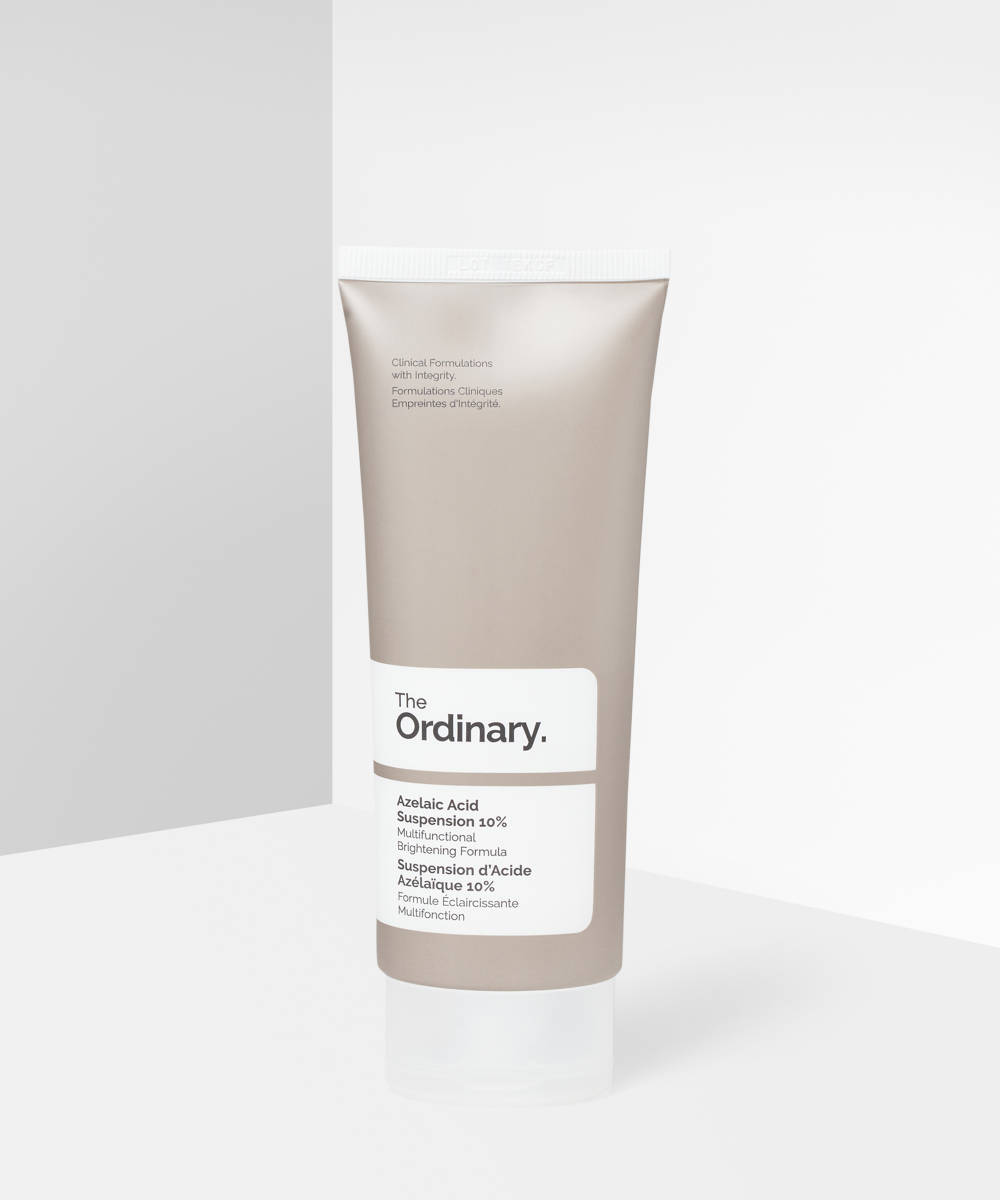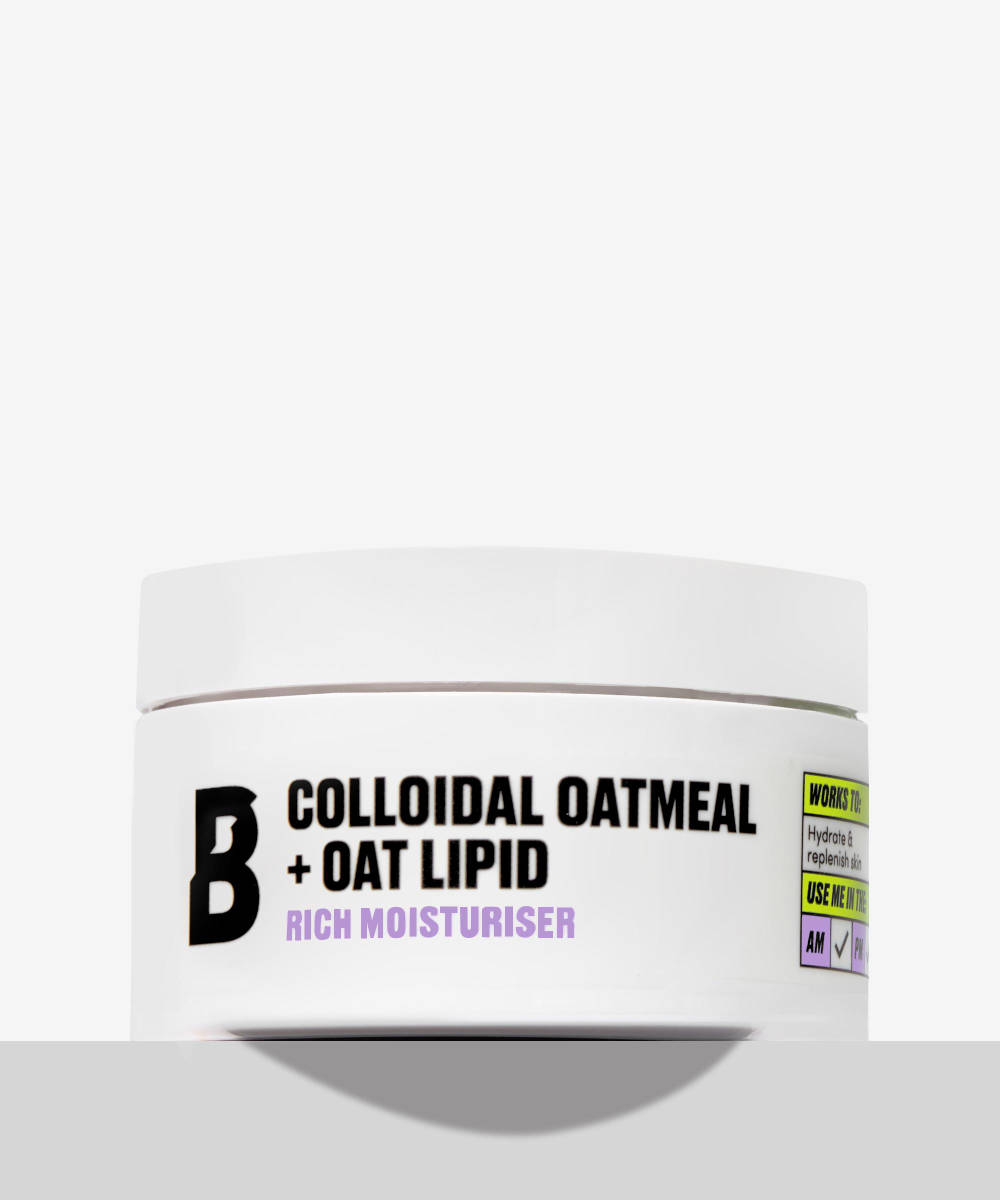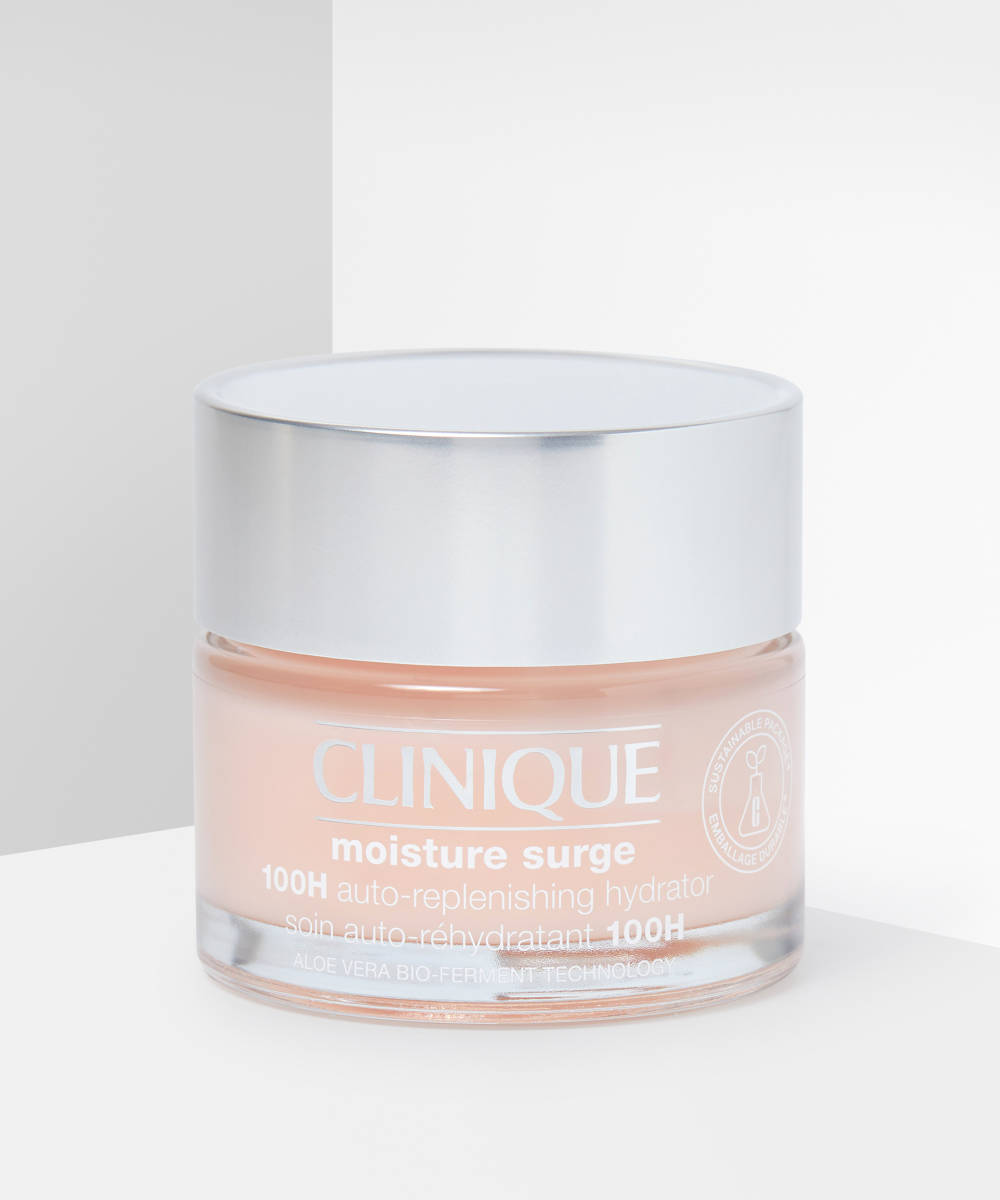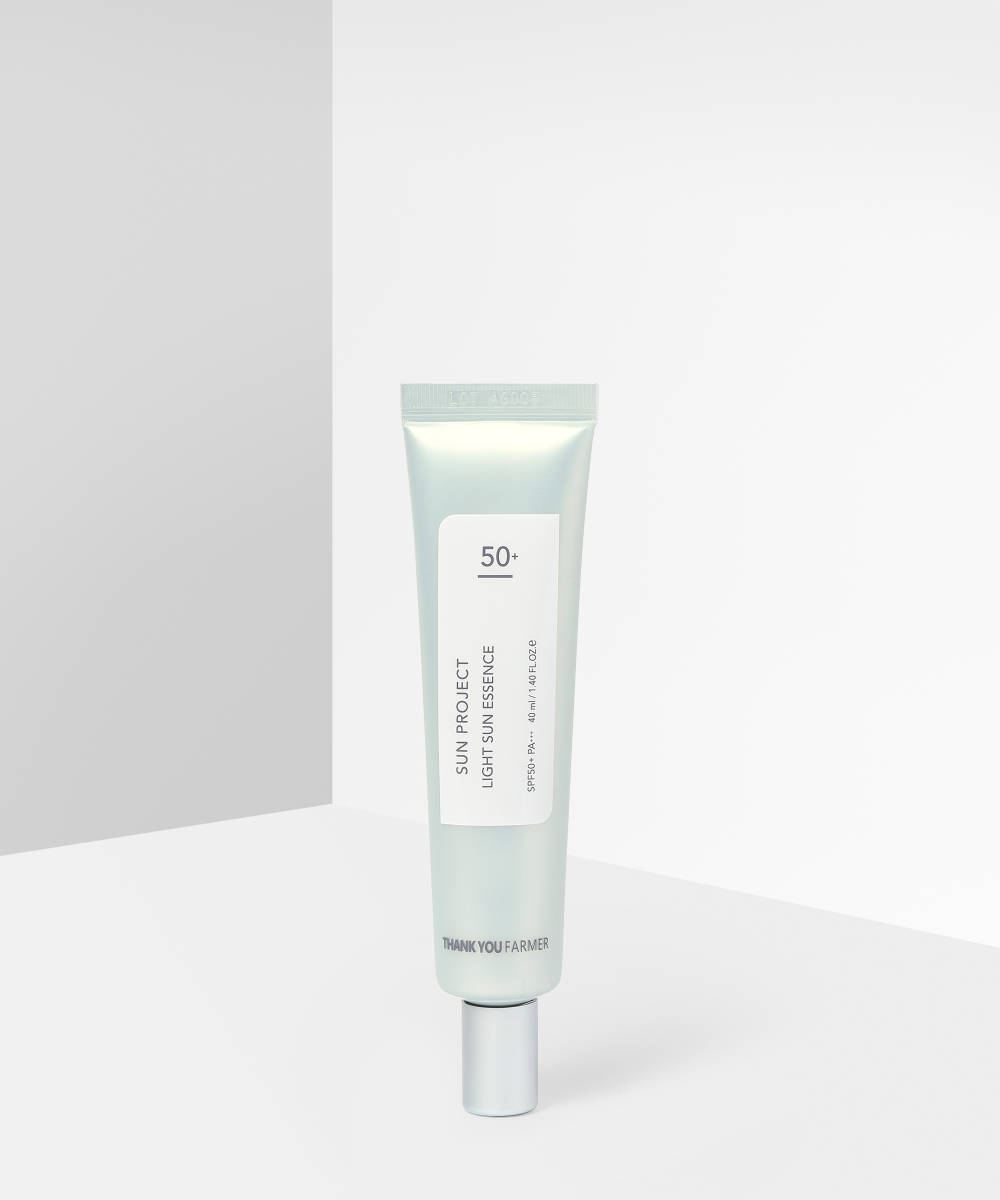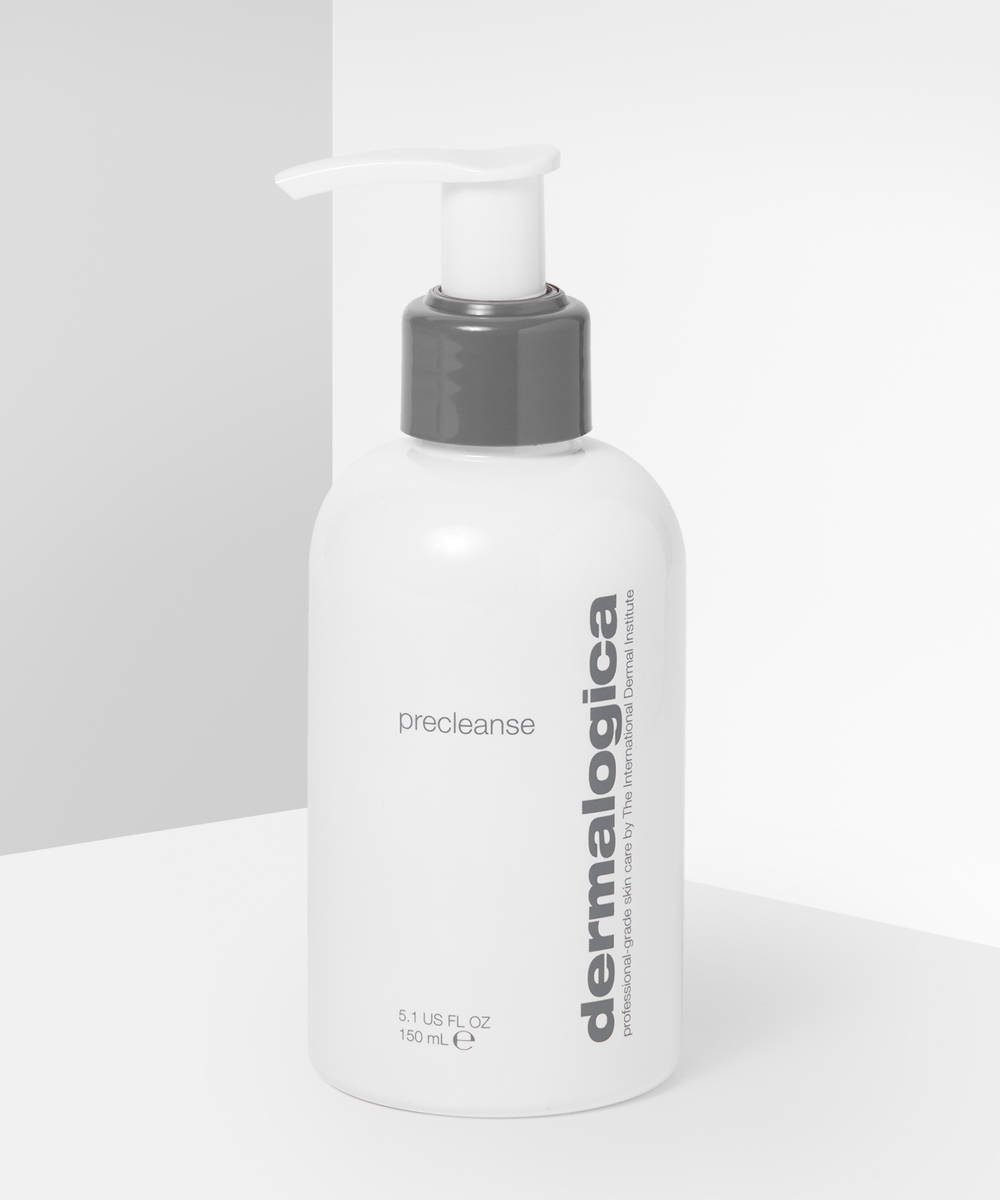When it comes to skincare, it can be difficult to know if we’re doing it right. With so much information out there, in magazines, on forums, on social media, and in old wives tales handed down from your mum, it can feel like information overload and lead to many of us not knowing how best to look after our skin.
But there are people out there who can set the skincare record straight: dermatologists. To help you unpack the crowded world of beauty, clinical dermatologist, @dermgp, is here to answer 13 questions that we’ve always wanted to ask about skincare. Pens at the ready, you’re going to want to take notes.
Is it ever ok to pop zits?
‘Squeezing spots can feel very gratifying but if done incorrectly, it can lead to scarring, infection, and you can make the spot worse. Zits can be broken down into several different types – blackheads and whiteheads, papules and pustules (red bumps), and nodules and cysts. Popping a blackhead is fine and a whitehead can also be okay (as long as it’s not underneath the surface of the skin, but probably best left to an aesthetician).
‘I would stay away from popping papules, as you’re probably going to end up making them worse. If a pustule has a head on it or is oozing, it’s okay to gentle squeeze it but if you’re working really hard for it, then please back off. Popping cysts and nodules is a no-no. I would always recommend an antiseptic cream after you’ve popped a spot.’
What is the best way to protect skin?
‘Limit your sun exposure and use sunscreen. Listen to your skin – do not over-wash, over exfoliate and change your skincare routine with your skin’s changing needs/weather. Use barrier supporting ingredients such as ceramides, and gentle products.’
How does our diet affect our skin, and can it have a bigger impact than skincare products?
‘Ultimately there are no superfoods for your skin but by eating foods rich in healthy oils, carotenoids, vitamins C+E, proteins, and omega-3 fatty acids, you can positively impact the health of your skin.
‘The link between whether or not diet can cause acne is still controversial with mixed results. It’s important to note that skin conditions are not only due to one individual factor. There is no good evidence that cutting out large food groups out of your diet will solve any skin issues – this is quite complex topic.’
How does stress affect our skin?
‘Stress can cause your skin to freak out in lots of ways. To understand how stress can affect your skin, it’s imperative to focus on how our body responds to stress. Short term stress has immediate effects like facial flushing, itching, and picking your skin. In terms of chronic stress, it all comes down to the hypothalamus-pituitary-adrenal (HPA) axis, which is our body’s stress response system.
‘Our body produces the hormone cortisol in response to the HPA axis being stimulated, which is often referred to as the ‘stress hormone’.
‘Cortisol can:
• Affect the integrity and protective function of the skin barrier which can aggravate conditions such as eczema and psoriasis, and also lower the threshold for itching.
• Increase sebaceous gland activity which can contribute to acne flares.
• Affect your immune system and can cause your skin to be more reactive and sensitive, triggering hives.
• Leave you vulnerable to infections such as flare ups of herpes simplex virus, which causes cold sores.
• Cause a common, but a temporary, form of hair thinning called telogen effluvium.
• Lead to increased oxidative stress which can contribute to skin aging.’
How does sleep affect our skin?
‘Sleep is important for all of the body’s systems and their functioning. During sleep your body produces the human growth hormone, necessary for the maintenance of collagen and cell regeneration; and melatonin, which as well as making us sleepy, works to counteract damage to the skin during the day from aggressors like UV and pollution.
‘Lack of sleep causes the stress hormone cortisol to be released, which in turn encourages inflammation in the skin, resulting in flare-ups of acne, psoriasis, and eczema. It is also linked to poor wound healing and breaks in skin barrier function.’
Where do I start with building a skincare routine and how long will it be until I start seeing results?
‘To get the most benefit out of regular skincare regimen, you only need to follow a few simple steps: cleanse, moisturise, and protect. Sticking to this simple, stripped back routine can help keep your skin healthy and happy.
• Cleanse: This helps you to start your day with a clean slate. Your skin should be cleansed twice a day. It is not vital that you double cleanse as over-washing can lead to dryness, sensitivity, and irritation/
• Moisturise: An ingredient to look out for is ceramides. Even if you have oily or combination skin, it’s still important to moisturise. You can tailor the texture and thickness to suit you.
• SPF is a non-negotiable part of your morning skincare routine. Make sure your sunscreen is broad-spectrum
‘You can build on this routine and add a step we call ‘treat’ to address your skin concerns with ingredients like vitamin C, retinol, AHAs, BHAs. During the daytime, look for antioxidants such as vitamin C, which fights free radical damage. This should be done before you apply moisturiser and SPF.
‘At night, I would advise using a retinoid; it is a skin superhero and can help with rebuilding collagen, fading hyperpigmentation, textural irregularities and oil control.’
What are the must-use ingredients for dry skin?
‘Look for skincare with ingredients like ceramides, hyaluronic acid, squalane, glycerin, petrolatum, and fatty alcohols. You can tackle dryness by using a mild cleanser, a hydrating serum, and then frequently layering a moisturiser on top.’
What are the must-use ingredients for acne prone skin?
‘Salicylic acid to help reduce oil/help with clogged pores; benzoyl peroxide to kill acne-causing bacteria (especially good for inflammatory acne); niacinamide to regulate oil production, and reduce inflammation and redness; and retinoids.’
What ingredients do you recommend avoiding?
‘I don’t really like advising people to avoid ingredients as such/demonising ingredients. It’s important to note that there aren’t nasty ingredients in your skincare, but different skin types suit different ingredients, so the below may apply to some people but not to all:
• For acne: Avoid coconut oil (it is comedogenic), cocoa butter (can clog pores), and anything that could be pore clogging/comedogenic.
• For dryness: Avoid denatured alcohol, fragrance (not always bad but can sometimes be an irritant for a small percentage of people) and avoid overusing acids.’
Can you become immune to certain ingredients?
‘The simple answer is no. Your skin doesn’t build up an immunity to skincare products over time. You should not mistake tolerance for immunity. In the case of using topical retinoids, your skin can build up a tolerance which will result in fewer negative side effects over time. This doesn’t mean it stops working.
‘Your skin can sometimes reach a visible plateau where you might forget what your skin looked like before you started using new products. For example, once your product has started to fade initial unwanted pigmentation from your skin and create a more even-toned look, there are fewer results that you might see over time (because it has succeeded at fading pigmentation). It’s simply a perception situation in that what you are seeing now is the new normal.’
What are your ultimate skincare ingredients?
‘Sunscreen is number one on this list. It can help prevent serious issues like skin cancer and also helps slow down premature aging by slowing down the breakdown of collagen and elastin.
‘Antioxidants, like vitamin C, protect against free radical damage, stimulates collagen and helps to brighten.
‘Ceramides are important for healthy, functioning skin.
‘Retinoids speed up skin cell turnover, stimulate collagen production, fade marks and help with acne.
‘Lactic acid is a gentle exfoliant and also holds moisture. Great for sensitive skin types.’
How can people spot bad skincare advice on social media platforms?
‘When people are promoting DIY skin trends that can damage your skin or glamourising miracle supplements or unnecessary food restrictions to cure your skin problems, I would run in the opposite direction. Or when they scaremonger and use clean beauty to promote an irrational fear of chemicals.
‘I would advise trying to stay away from diagnosing yourself using Instagram/TikTok and only get your skincare advice from qualified professionals.’
When should people consider seeing a specialist?
‘Any changing/new moles/moles you’re concerned about.
‘Skin conditions needing medical treatment, for example if your skin is dry/itch/irritated it could be eczema or redness or easy flushing could be a sign of rosacea.
‘I always think people should not delay seeing a specialist especially if they have acne as a delay can lead to scarring.
‘Any issues with hair loss or nails.
‘Any concerns/changes to your skin.’

